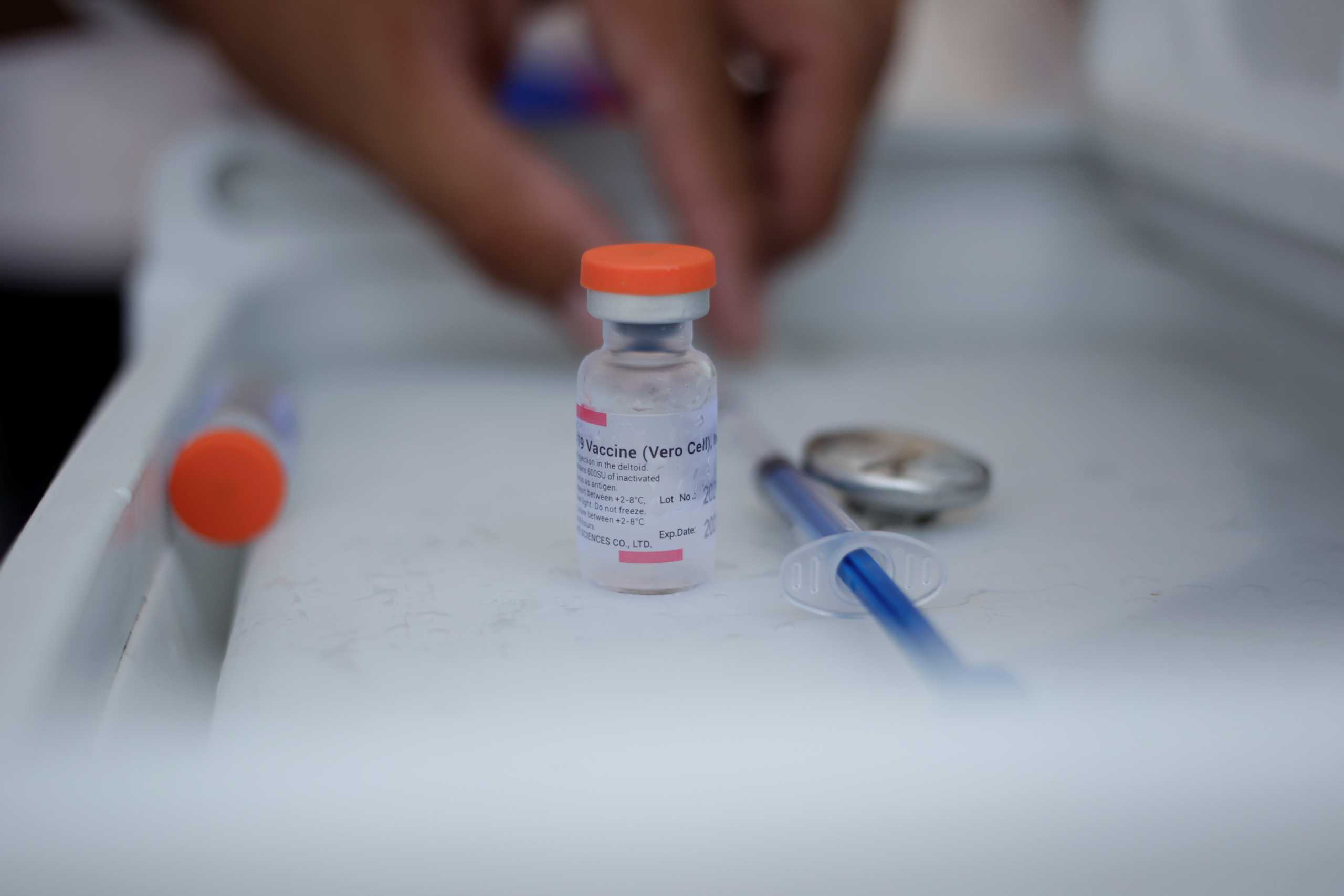The importance of vaccination within the family itself is presented in an article published in the New England of Medicine and examines whether the risk of intra-family transmission is reduced. The first findings show that vaccine significantly reduces its transmission coronavirus within the family.
The professors of Medicine of EKPA Dimitrios Paraskevi (Associate Professor of Epidemiology and Preventive Medicine) and Thanos Dimopoulos (Rector of EKPA) examine the new data presented in the article on the transmission of the coronavirus and the vaccine.
Given the extension of vaccinations to COVID-19, the crucial question arises as to whether vaccination protects against coronavirus transmission in the immediate family environment of vaccinated individuals. The case was investigated by health professionals and their family members in Scotland. This category is one of the first population groups to be vaccinated worldwide.
The data concerned 194,362 family members from 92,470 households of 2 to 14 persons per household involving 144,525 health professionals employed during the period March – November 2020. The average age of family members and health professionals was 31 and 44 years, respectively. A total of 113,253 health professionals (78.4%) had received at least one dose of the BNT162b2 mRNA vaccine (Pfizer – BioNTech) or the ChAdOx1 nCoV-19 vaccine (Oxford – AstraZeneca) and 36,227 (25.1%) had received the second dose. .
The COVID-19 cases and the number of hospitalizations recorded were between December 8, 2020 and March 3, 2021. The two time periods compared were between the period before vaccination and the period starting 14 days after the first dose was given to professionals. health.
Cases of COVID-19 were significantly higher among family members of health professionals during the non-vaccinated period than 14 days after the first dose.
Specifically for the two time periods, 9.4 transmissions per 100 people were recorded during a year compared to 5.93 transmissions per 100 people over a period of one year, respectively. The number of cases was even lower after the second dose of the vaccine (2.98 cases per 100 people over a year). The above differences remained significant when additional parameters such as time period, geographical area, age, gender, occupation, socioeconomic factors, or other pathological conditions were included in the analysis.
Compared to the pre-vaccination period, the relative risk of transmission to the family environment of health professionals was 0.70 (95% DE: 0.63-0.78) for the period 14 days after the first dose and 0.46 (95% DE: 0.30-0.70) for the period 14 days after the second dose. The protection provided by the vaccine may be greater as not all transmissions are due to healthcare professionals and some of them may have come from a different source.
Vaccination was also associated with a reduction in cases and the number of COVID-19-related treatments in health professionals during the period they were vaccinated (14 days after the first dose) compared to when they were unvaccinated.
Since vaccination reduces the risk of SARS-CoV-2 infection, it is reasonable that vaccination also reduces the risk of transmission, but data from clinical trials and observational studies are currently limited. The present study suggests that vaccination reduces the risk of transmission of SARS-CoV-2 due to the observation that vaccination reduces the risk of intra-familial transmission by health professionals. The results are particularly encouraging for health professionals and those in their family environment.
READ ALSO
